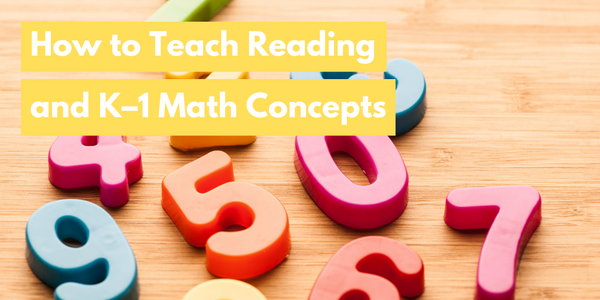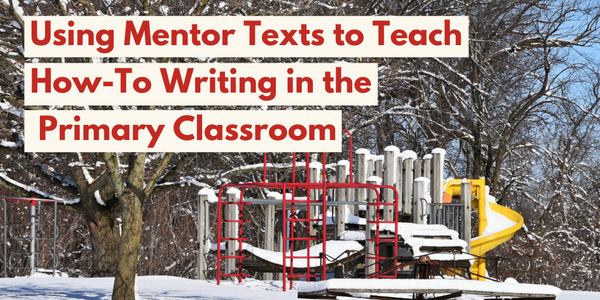by Sarah McDonagh
Juneteenth commemorates the day in 1865 when the last remaining black slaves were set free in America. Though President Lincoln signed the Emancipation Proclamation in 1863, ending slavery, it took a little more than two years before the entire country wholly followed this order.
On June 19th, 1865, General Granger and his Union troops marched into Galveston, Texas, and proclaimed there was "absolute equality of rights" between all people. Since then, African-American citizens have celebrated Juneteenth as the date that they finally gained freedom under the law. Famous abolitionist Harriet Tubman once said of her right to freedom:
Today, citizens across the US are learning more about the origins and significance of Juneteenth. Currently, it is a holiday in 47 states and the District of Columbia, and there are discussions about recognizing it as a national holiday. Juneteenth is, first and foremost, an occasion to honor Black history. It is also an opportunity for every citizen to reflect on and learn from our nation's past as we work towards becoming a more inclusive society.
Juneteenth Facts:
- Other dates for celebrating emancipation were considered, some options included:
- April 16th, 1862, when slavery was abolished in Washington, D.C., the nation's capital
- September 22nd, 1862, the date that President Lincoln issued a preliminary Emancipation Proclamation.
- January 31st, 1865, commemorating the 13th Amendment passing in Congress.
- The earliest celebrations of Juneteenth included: readings of the Emancipation Proclamation, food, and religious services. As time went on, there were new traditions made that included various sports and more community-oriented events.
- Due to the Jim Crow laws enacted during the 20th century, Juneteenth celebrations faded. They were revived by the civil rights movement of the 1960s. Before his death, Dr. Martin Luther King, Jr. had been planning a 'Poor People's March,' to protest class inequity in the US, occurring during a week that included Juneteenth. After his death, his followers took MLK's ideas back to their respective cities and spread the word of Juneteenth.
- Texas was the last state to end slavery and the first to make Juneteenth an official public holiday in 1979.
~~~
If you want to learn more about Harriet Tubman or other trailblazers from the Black community, check out our Influential Black Leaders and Icons collection. This set highlights some of the most impactful individuals in history, from civil rights leaders like Rosa Parks, to influential voices including poet Maya Angelou, to once-in-a-lifetime athletes Serena Williams and Jackie Robinson.
And if you're looking for more resources for approaching discussions of race in the classroom and at home, check out our recent blog post detailing a few that we have found helpful.







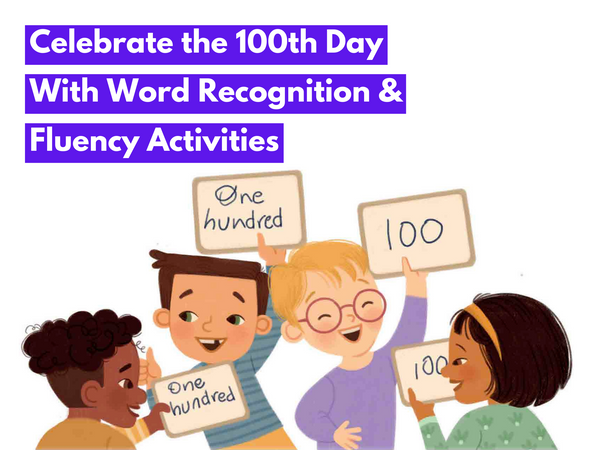


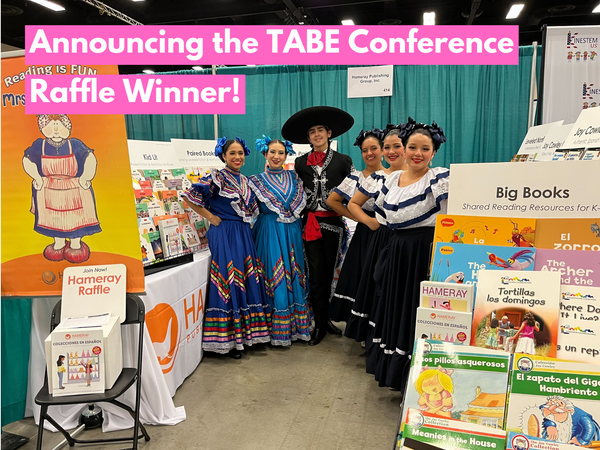
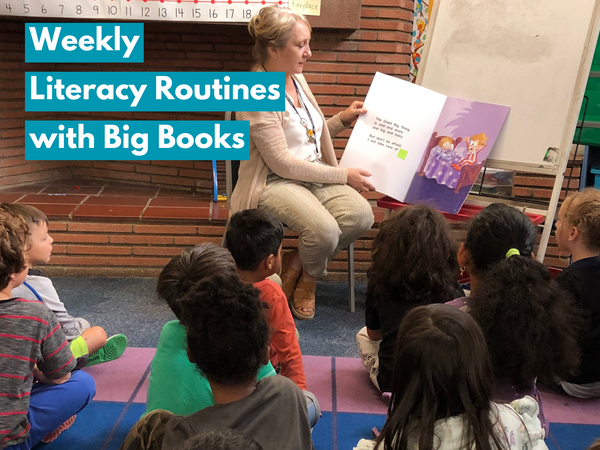
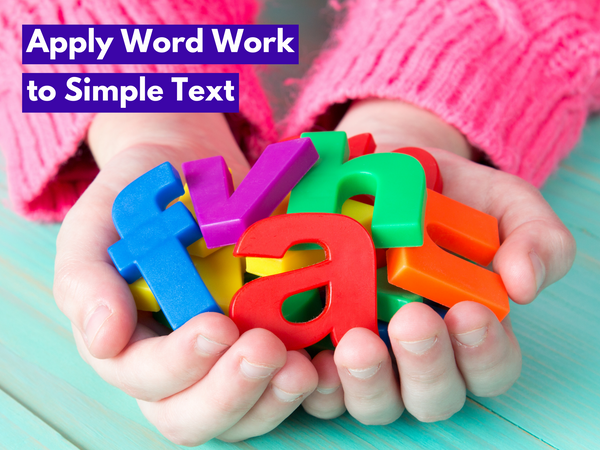
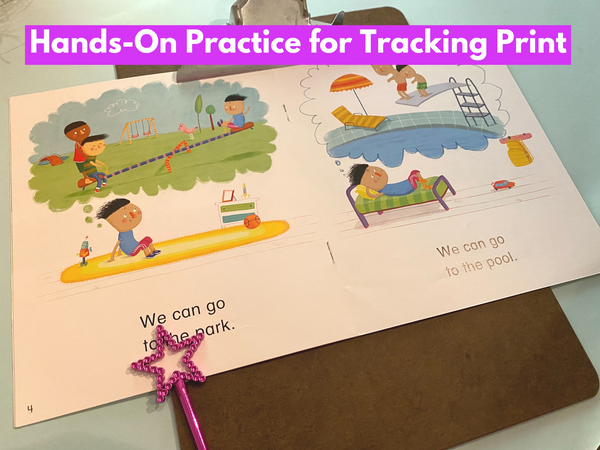

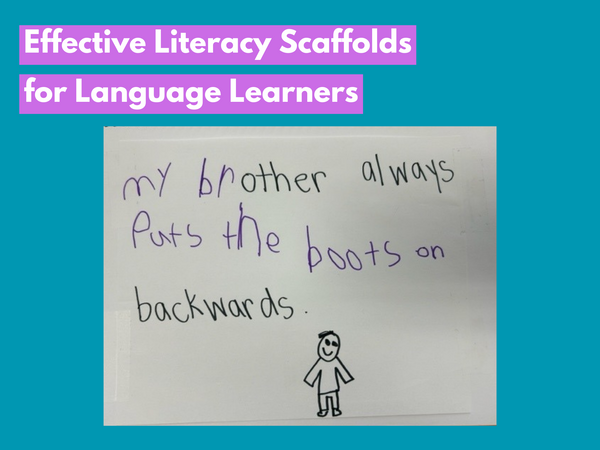





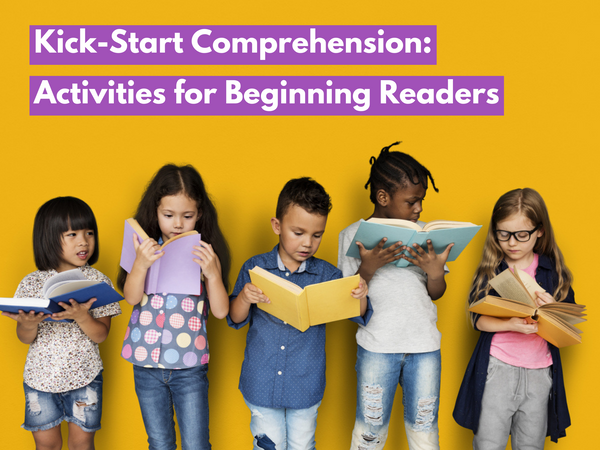


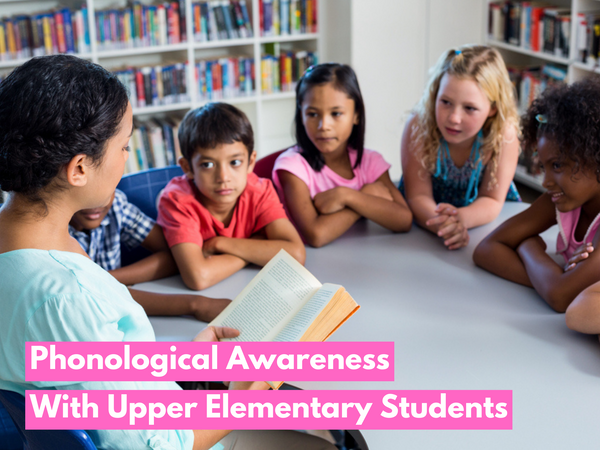
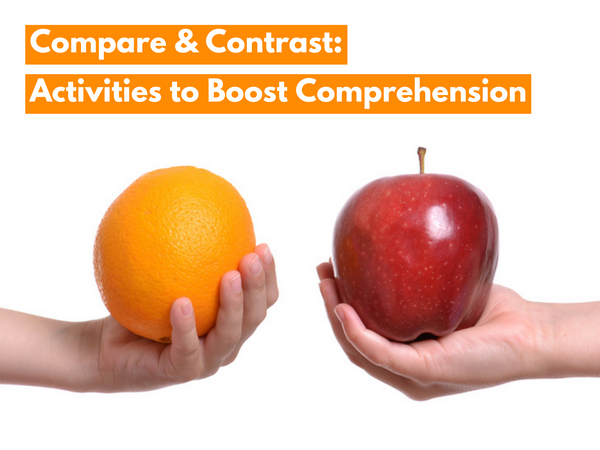
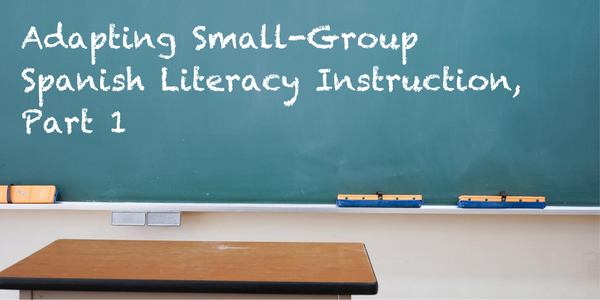
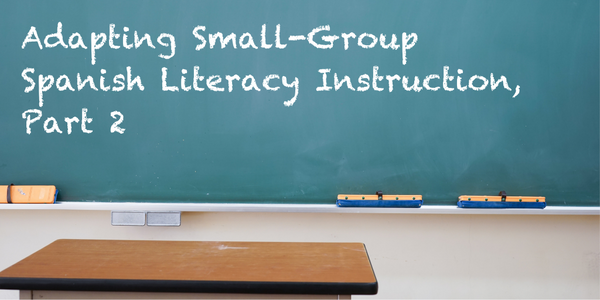
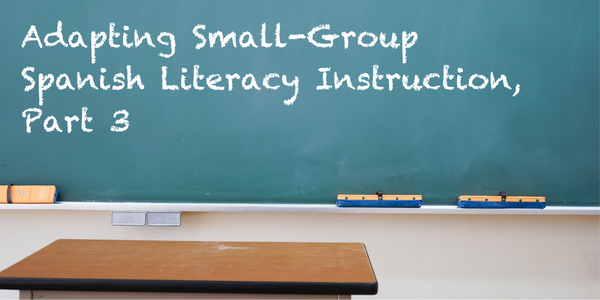



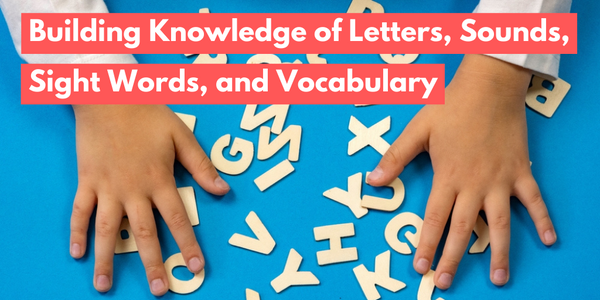



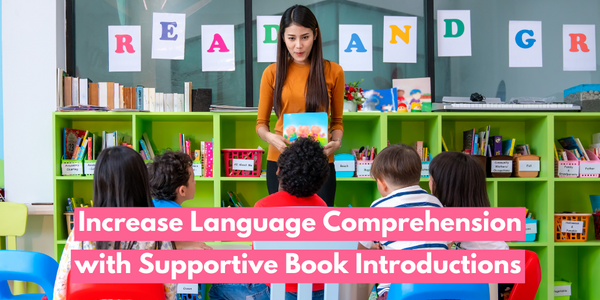



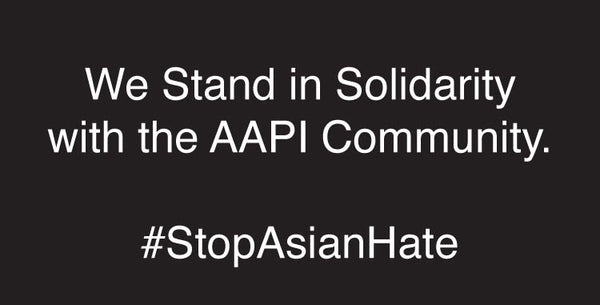

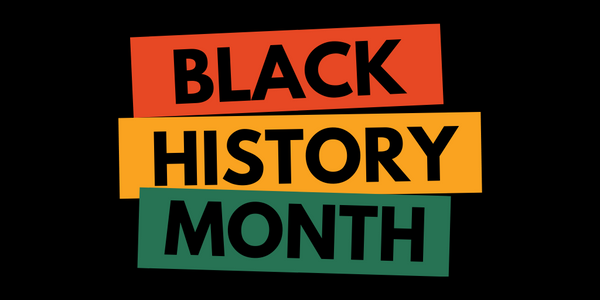

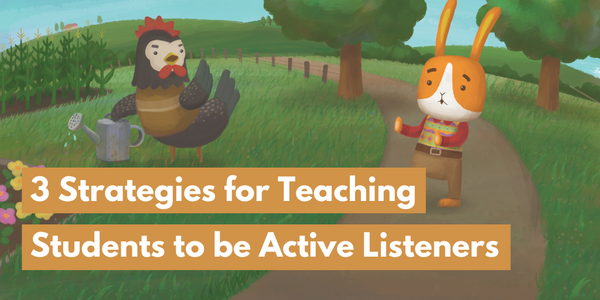
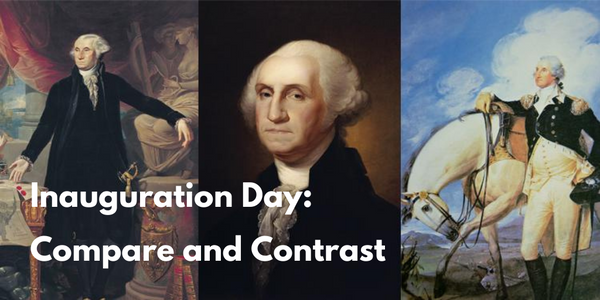
![6 Fun and Easy Activities to Practice Sequencing [Grades K-1]](http://www.hameraypublishing.com/cdn/shop/articles/Red_Typographic_Announcement_Twitter_Post-5_bf1ae163-a998-4503-aa03-555b038d1b76_600x.png?v=1689961568)
![Leveraging Prior Knowledge Before Writing and Reading Practice [Grades 1–2]](http://www.hameraypublishing.com/cdn/shop/articles/Red_Typographic_Announcement_Twitter_Post-4_600x.png?v=1689961965)

